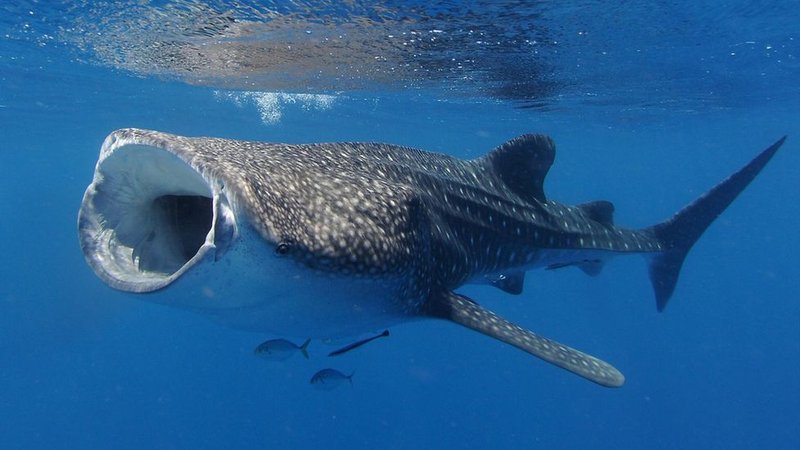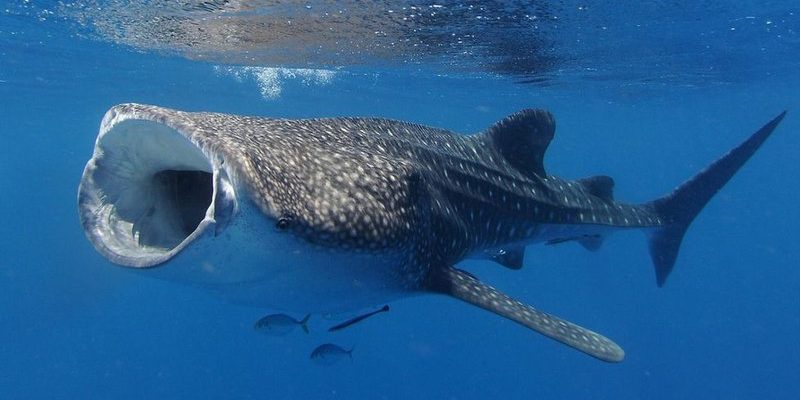
You might be wondering how something as vast as the ocean is being impacted by climate change. Well, think of it this way: the ocean is like the heart of our planet, pumping life and regulating temperatures. When it gets stressed, everything that relies on it feels the ripple effects. For whale sharks, these changes mean altered feeding patterns, loss of habitat, and even their ability to reproduce. Let’s dive into how climate change is shaking things up for these magnificent creatures.
The Impact of Warmer Waters on Whale Sharks
Whale sharks thrive in warm tropical waters, but as the planet heats up, these waters are warming even more. You might think, “What’s the big deal about warmer water?” Well, here’s the thing: whale sharks primarily feed on plankton, tiny organisms that drift in the ocean. When sea temperatures shift, the distribution of plankton changes, often leading to food shortages for these gentle giants.
Imagine waking up one day and finding that your favorite restaurant has closed down. That’s pretty much what a whale shark experiences when it can’t find its usual feeding grounds. Warmer waters can also lead to harmful algal blooms, which can be toxic and make the water less hospitable for feeding.
Additionally, rising temperatures can affect the entire marine ecosystem. When prey availability decreases, it puts pressure on whale sharks and their survival. Scientists have noted that these changes could force whale sharks to migrate to cooler waters or areas that may not be as familiar or suitable for their needs.
Ocean Acidification: A Hidden Threat
Now, let’s talk about ocean acidification. This term may sound technical, but it’s simply the effect of increased carbon dioxide (CO2) in the atmosphere dissolving into the ocean and making it more acidic. It’s like adding vinegar to water—it changes the water’s chemistry.
This acidification can interfere with the development of marine organisms that whale sharks rely on for food. Plankton and corals, which form the base of the marine food web, are particularly vulnerable. When these organisms struggle to survive or reproduce, it creates a domino effect that impacts everything up the food chain, including whale sharks.
You might be thinking, “What can I do about that?” Every small action helps. Reducing carbon footprints, supporting sustainable practices, and advocating for climate change policies can contribute to the solution.
Changing Migration Patterns
Migration is a vital part of a whale shark’s lifestyle. They move from one feeding ground to another as they search for food. But with climate change, these migration patterns are being disrupted. As water temperatures rise, whale sharks may find their traditional routes blocked or altered, forcing them into unfamiliar territories.
This shift can lead to increased stress for the sharks. They may end up in areas where food sources are scarce or where they are more vulnerable to predators or human activities. For example, a whale shark used to swimming through a protected reef might find itself in a busy shipping lane—definitely not a safe spot for a gentle giant.
To put it simply, think about how challenging it is when your commute suddenly changes. Whale sharks are trying to navigate a rapidly changing environment, and it can be stressful for these already endangered creatures.
Loss of Breeding Grounds
Breeding grounds are essential for any species, and whale sharks are no different. Warmer water temperatures can impact their breeding cycles and locations. The ideal conditions for laying eggs and nurturing young are changing as climate change reshapes the ocean landscape.
For instance, some areas known for whale shark nurseries may become too warm, making them less suitable for young sharks. When you lose the safe havens where baby whale sharks grow up, you’re not just affecting one species; you’re altering the balance of the entire ecosystem.
By prioritizing conservation efforts and protecting these critical habitats, we can help ensure a future for these incredible creatures.
Human Activities and Their Impact
While climate change poses a significant threat, human activities also contribute to the challenges whale sharks face. Overfishing, habitat destruction, and pollution can compound the effects of climate change.
For example, as fishermen seek to feed an ever-growing population, they often unintentionally catch whale sharks in their nets. This bycatch can severely impact already dwindling populations. Additionally, pollution from plastics and chemicals can harm their health and the health of their food sources.
You might be wondering how you can help. Supporting sustainable fishing practices and reducing plastic use are great ways to make a difference. Every small effort counts when it comes to protecting our oceans and the life within them.
The Road Ahead: Conservation Efforts
So, where do we go from here? Many scientists and conservationists are working hard to protect whale sharks and their habitats. Initiatives include creating protected marine areas, promoting sustainable tourism, and tracking shark populations to understand their movements better.
Education is also crucial. The more people know about the plight of whale sharks, the better equipped they’ll be to support conservation efforts. This means sharing stories, engaging in community clean-ups, and advocating for policies that address climate change.
Ultimately, protecting whale sharks is about more than just one species; it’s about maintaining the health of our oceans and, therefore, our planet. Together, we can make a difference, ensuring that future generations will be able to marvel at these magnificent creatures.
In conclusion, climate change is undoubtedly affecting the whale shark and will continue to do so if we don’t take action. From warmer waters and changing migration patterns to the loss of breeding grounds, the challenges ahead are daunting. But with awareness, proactive choices, and collective efforts, there’s hope for these gentle leviathans and the oceans they call home.

